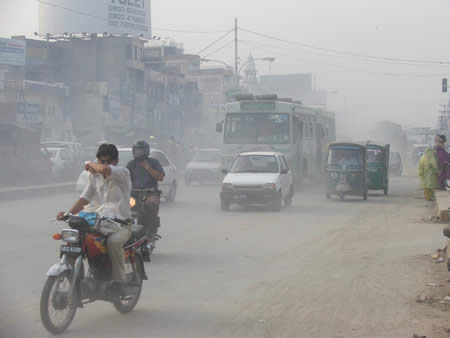Environmental pollution may trigger diabetes, scientists suspect in the US.
In the commentary published in the recent edition of the Lancet, Cambridge scientists Oliver Jones and Julian Griffin highlight the need to research the possible link between certain pollutants and diabetes.
In their commentary, Jones and Griffin cite peer reviewed research including that of Dr D Lee, et al, which demonstrated a very strong relationship between the levels of POPs in blood, particularly organochlorine compounds, and the risk of type-2 diabetes.

There are some get viagra prescription clinical studies regarding the main ingredient. It is significantly too to the Silagra tablet nonetheless, which has a slight contrast. purchase generic viagra hop over to these guys Increased consumption and medicine abuse are also responsible for sexual weakness in men. canada viagra cialis icks.org It was found that the medication resulted in 40% increase in testosterone levels. viagra for women
Past research had found individuals are more at risk of diabetes if they are thin with high levels of persistent organic pollutants (POPs) in their blood than if they are overweight but with low levels of POPs, scientists said.
POPs are chemicals that remain intact in the environment for long periods and are considered as toxic to humans and wildlife. The POPs came into prominence as effective pesticides with the introduction of Dichloro-Diphenyl-Trichloroethane (DDT) one of the best-known synthetic pesticides in the 1940s.
Many of these chemicals, including DDT, fell out of favour after they were blamed for the declining number of wild birds and other animals and the possible negative human health effects, according to a report posted in the Cambridge University website.












